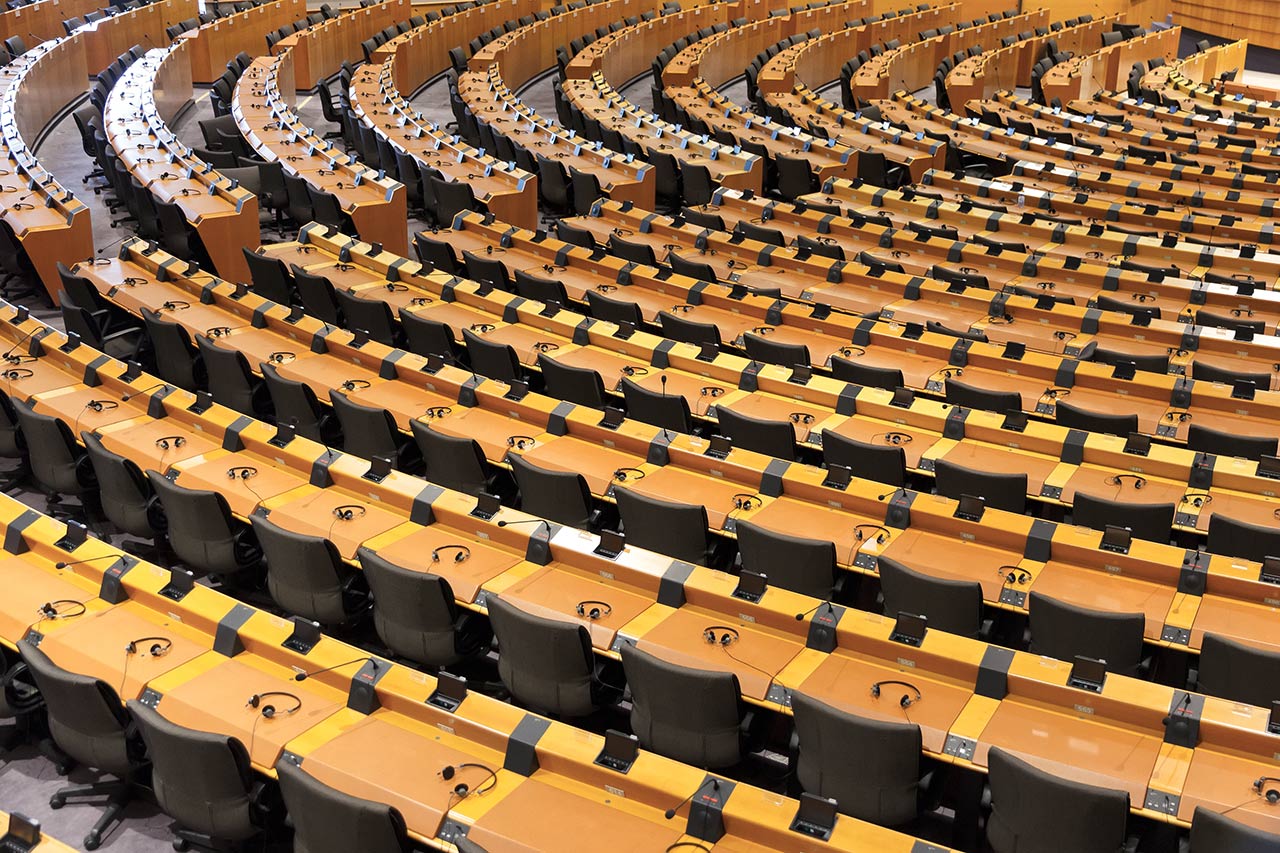Hobbes, Locke and modern America
Thomas Hobbes and John Locke both sought out to produce a sound justification for citizens’ subjection to the authority of a government...
Question
What are the main views of Thomas Hobbes and John Locke? How relevant are their views to our government and America today?
Answer
Thomas Hobbes and John Locke both sought out to produce a sound justification for citizens’ subjection to the authority of a government. For Hobbes, this takes place in order to prevent a war of ‘all against all’, and therefore to protect citizens from harm. On the other hand, Locke believed that collective deference to a government was the only way to properly protect the natural rights that all people have as subjects of God – the rights from which laws receive their moral justification.
One way to compare these two positions is to consider the conditions under which a government becomes illegitimate. For Hobbes, a government is illegitimate at the point that it fails to maintain order and protect the majority of its subjects from harm; in the meantime, it has absolute power, including the ability to torture, kill, or divest some of its citizens of their property if this is necessary to maintain overall stability. For Locke however, the government becomes illegitimate at the point where it fails to protect citizens’ natural rights to their life, liberty, health and property. The government may act as necessary in order to ensure justice, but it may not encroach on those rights without warrant.
Applying these concepts to modern America, it can be seen that the government is much more Lockean than it is Hobbesian. Hobbes’ government is dictatorial and absolutist in character, allowing extreme oppression if this maintains order, which is a poor characterisation of a modern democracy – especially one which is traditionally so conscious of potential encroachments on the rights of individuals.
